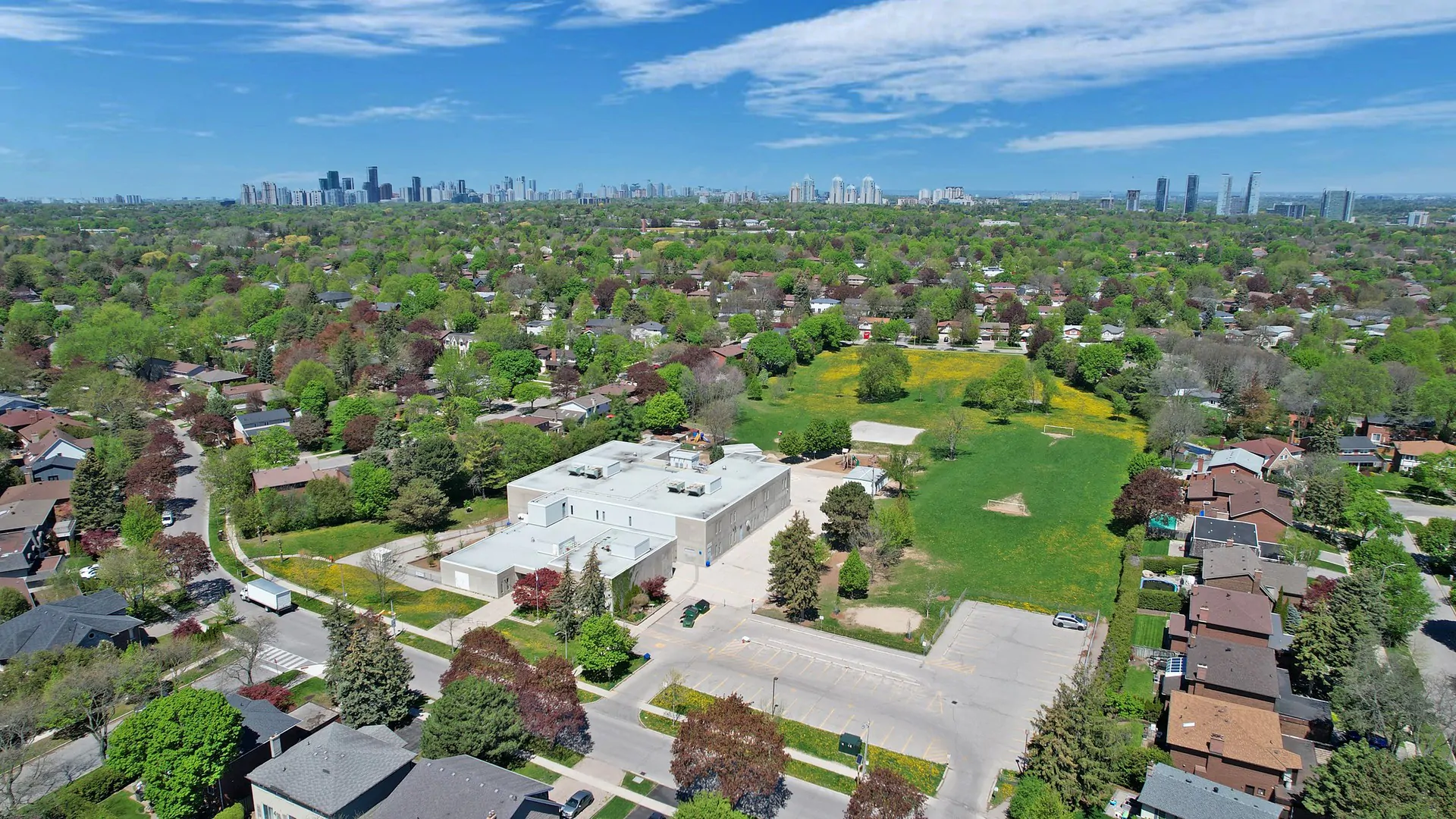As non-resident who is interested in investing in the Canadian real estate market, it is important to be aware of the Non-Resident Speculation Tax (NRST). This tax, which was implemented in 2017, is designed to cool down the housing market and prevent foreign buyers from driving up prices. In this article, we will discuss everything you need to know about the NRST, including how it works, who is affected, and how you can avoid paying it.
FAQs
- What is the Non-Resident Speculation Tax?
The Non-Resident Speculation Tax is a tax that is applied to non-residents who purchase residential property in certain areas of Ontario. - Who is affected by the NRST?
The NRST is targeted at non-residents who are not Canadian citizens or permanent residents. - How is the NRST calculated?
The NRST is calculated as a percentage of the purchase price and ranges from 15% to 20%, depending on the location of the property. - Can non-residents avoid paying?
Understanding the Non-Resident Speculation Tax
Who is Affected by the Non-Resident Speculation Tax?
The NRST is targeted at non-residents who are not Canadian citizens or permanent residents. If you are a Canadian citizen or permanent resident, you are not subject to the NRST, even if you are living abroad at the time of the purchase. However, if you are a non-resident who is interested in investing in the Canadian real estate market, you should be aware of the NRST and how it may affect your plans.
How to Avoid Paying the Non-Resident Speculation Tax?
There are several ways that non-residents can avoid paying the NRST. One option is to purchase property in an area that is not subject to the tax. The NRST only applies to certain areas of Ontario, so it is important to research the location of the property before making a purchase.
Another option is to become a Canadian citizen or permanent resident. Once you have obtained citizenship or permanent residency, you will no longer be subject to the NRST. However, this option may not be feasible for everyone, as it requires a significant investment of time and resources.
Other Considerations for Non-Resident Buyers
In addition to the NRST, non-resident buyers should be aware of other factors that may affect their ability to purchase property in Canada. For example, non-residents may be subject to higher interest rates and stricter lending requirements than Canadian residents. Non-residents may also face challenges when it comes to financing their purchase, as Canadian banks may require a larger down payment and proof of income from a Canadian source.
Conclusion
If you are a non-resident who is interested in investing in the Canadian real estate market, it is important to be aware of the Non-Resident Speculation Tax. This tax, which is applied to non-residents who purchase residential property in certain areas of Ontario, can add a significant amount to the cost of the purchase. However, there are ways to avoid paying the tax, such as purchasing property in an area that is not subject to the tax or becoming a Canadian citizen or permanent resident. By being informed and taking the necessary steps, non-residents can navigate the Canadian real estate market and make informed investment decisions.


